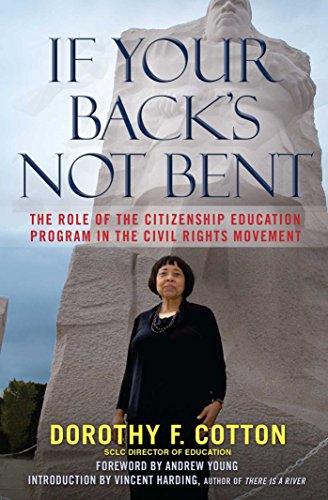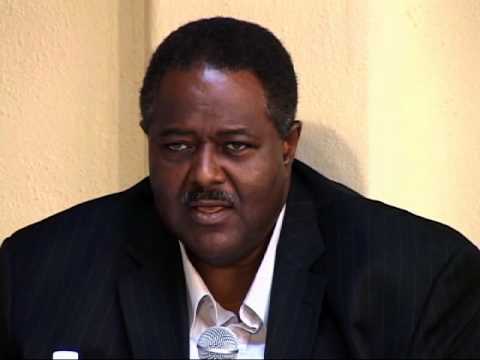Just to make myself miserable, I’ll sometimes play the “what if” game. What if I could have known the recent recession was coming? What would I have done differently with my family’s resources, or the Citizens League’s? Ah, how the world would be different if I had only known. Minnesota is in the middle of its own financial “what if” game right now, except that…we know what’s coming. We understand the causes of our state’s financial ills (aging and slow labor force growth) and the consequences of doing nothing, but our current approach to policy making cannot provide a solution. On a broad swath of issues, from education and health care to the environment and economic disparities, we often know what must be done but struggle to get it done—to move from reports to results. So how do we, mired as we are in bitter partisan and ideological divide, find the practical solutions needed to solve our state’s fiscal ills in a way that preserves the common good? We need to imagine a different outcome for Minnesota and then create it.
A NEW APPROACH
The current model for policymaking no longer works. Narrow but powerful ideologies have created narrow but powerful political “bases” and affiliations, fracturing our political process and making it nearly impossible for our elected leaders to find common purpose or act for the common good. Traditional advocacy and partisan politics only make this situation worse. We have allowed this divide to put our nation’s financial health at risk and create the longest state shutdown in U.S. history. To change this dynamic we as citizens must find a common collective purpose, one based on our shared need to govern for the common good. It won’t be easy. As a people, we’ve lost the basic civic and political skills required governance; we’ve lost sight of our role as citizens in governing. We more often see ourselves as consumers rather than producers of the common good. We see policy as something that happens “out there” in our state or nation’s capitol, and have come to view government as either the source or the barrier to the common good. It is neither. Although critical to preserving our republic, it is increasingly less central to many of the practical policy solutions we need. We must choose a new way forward.
A BETTER MODEL
In this issue of the Minnesota Journal, we offer examples that demonstrate how we can move forward by embracing a better process for policymaking. We are developing and advancing recommendations in key policy areas using civic organizing, a political strategy that develops the civic capacity (the governing ability) of selfidentified civic leaders who have enough authority within their institutions to influence change. Civic organizing takes democracy deep inside all institutions—closer to where we can impact outcomes. Its power to effect change comes from creating a diverse base of engaged citizens and institutions willing to find common ground and act for the common good. Civic organizing applies to our work in at least three ways: Common ground for the common good. Civic organizing begins by organizing those impacted by a problem to help define the problem against shared civic values, and then aligns individual and institutional self interest and the resources that come with these interests, toward creating and effecting a common solution. The Citizens League’s Honoring Choices, long-term care and Common Cents projects began by bringing together a large group of stakeholders to define the problem through respectful dialogue, and then identified the resources each participant could bring to help create the solution.
Everyone is a policy maker. Civic organizing assumes that all individuals have the capacity to impact the common good, positively or negatively, through everyday actions. But like unexercised muscles, our civic skills have grown weak with lack of use. Through the Quantum Civics™ leadership program, and the disciplines and practices of civic organizing, the Citizens League is helping to build a new base of individuals and institutions who see their role as producers rather than consumers of governance. Policy happens everywhere. Civic organizing assumes that all institutions, government included, must play a role in developing the incentives and capacity needed to solve our public problems. This isn’t an ideological notion, it’s an entirely practical one.
BUILDING BETTER SOLUTIONS
By helping to better define problems, and then building the capacity (the people and resources) necessary to advance policy recommendations, civic organizing has allowed the Citizens League to advance policy in a number of areas, including long-term care, mental health reform, poverty and water. Our work is better and more impactful because of this model. It’s hard to go against the grain of current politics and policymaking. But we’re at a point in time where as citizens we have to choose action over gridlock. Civic organizing offers both hope for a better future, and a real opportunity for us to make Minnesota once again the state where miracles happen. •
Sean Kershaw is the Citizens League’s executive director. He can be reached at skershaw [at] citizensleague.org, @seankershaw (Twitter), Facebook, or his blog at citizensleague.org/blogs/sean/.



